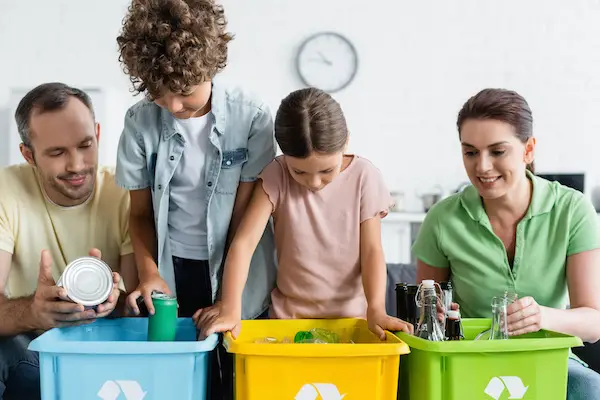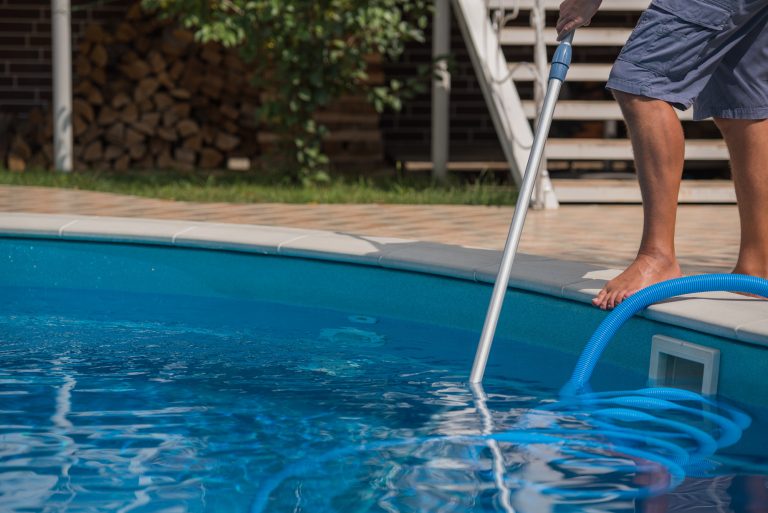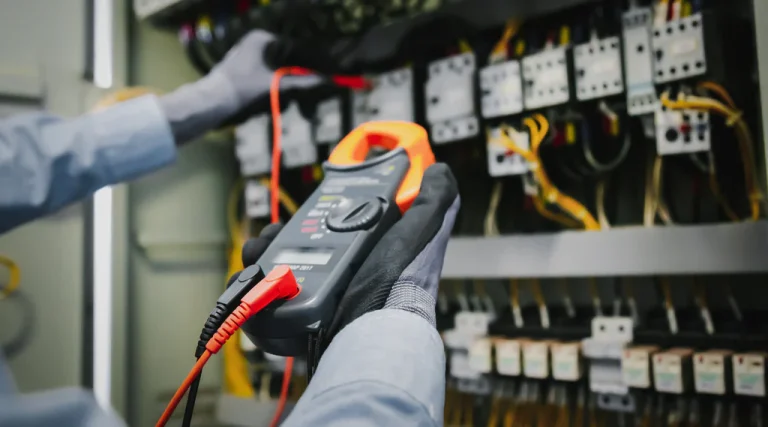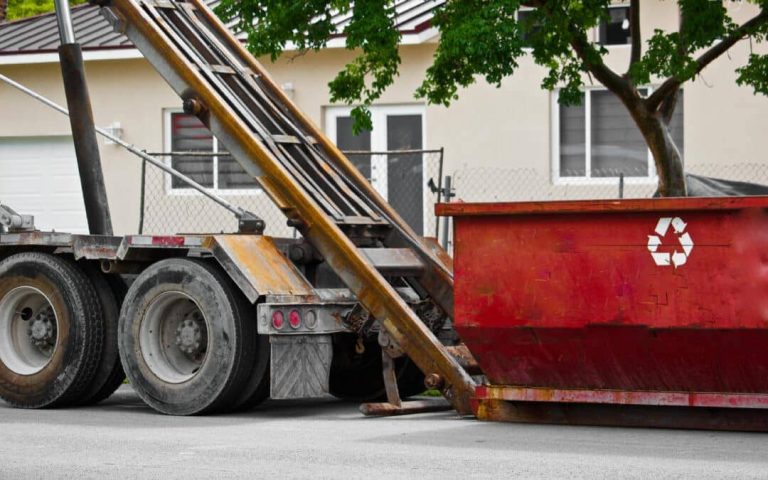
Household waste continues to contribute significantly to landfills across the country. With daily consumption comes a steady stream of packaging, broken appliances, old electronics, and more. Much of this ends up being discarded without a second thought. However, many of these materials don’t belong in the trash. They belong in recycling streams that can give them a new life and reduce strain on landfills.
Waste reduction begins at home. When everyday items are sorted and recycled properly, the volume of landfill-bound trash decreases. Recycling household items that can be recycled helps the environment and conserves resources and energy that would otherwise be used to produce new materials from scratch.
Why Recycling Makes a Difference
Recycling does more than keep trash out of landfills. It conserves natural resources like timber, water, and minerals. It also helps save energy. For instance, recycling aluminum requires 95% less energy compared to making it from raw materials.
By sorting and recycling correctly, greenhouse gas emissions can also be lowered. Manufacturing with recycled materials often emits less carbon dioxide compared to using virgin resources. This is especially true with materials like metals and paper. Recycling supports a circular economy by keeping materials in use. It reduces the need for raw resources and lowers environmental impact.
Everyday Items at Home That Can Be Recycled

It may be surprising how many everyday products can be diverted from the trash and recycled properly. Cardboard boxes, newspapers, magazines, plastic bottles, tin cans, and glass containers are among the most common materials collected in curbside programs. But the list doesn’t stop there.
Items like batteries, electronics, and small appliances are also suitable for recycling. Even clothing and textiles, if clean and dry, can often be donated or processed through textile recovery programs. Kitchen cookware made of metal, old tools, and even some types of furniture can also be reclaimed through proper recycling channels. Recycling these items reduces waste and prevents environmental harm. Electronics, if discarded improperly, can leak toxic chemicals. Proper disposal avoids this risk.
The Importance of Metal Recycling Services
Among recyclable materials, metal plays a vital role. From aluminum cans to steel appliances, metals are durable and infinitely recyclable. Recycling metal helps preserve valuable natural resources and uses significantly less energy than producing new metal from ore.
Specialized metal recycling services make this process efficient. These facilities can accept items that typical curbside bins do not, such as copper wiring, steel tools, and aluminum siding. They ensure these materials are processed responsibly and reintroduced into manufacturing.
Using professional metal recycling services also supports the local recycling infrastructure. This creates jobs and promotes community-level sustainability. The proper disposal of metal items keeps them out of landfills and in circulation, where they can serve a new purpose.
Improving Recycling Habits at Home
Building better recycling habits begins with awareness. Understanding what can and can’t be recycled is the first step. Since recycling rules vary by location, staying updated on local guidelines is essential. Designating a space for recyclables at home makes sorting easier. Clear labels help prevent contamination, and items should be clean and dry before disposal.
Responsible disposal is needed for items that are not accepted in curbside bins. Many communities have drop-off points for batteries, electronics, and similar materials. Using these options supports proper recycling and cuts down on waste.
Recycling household items that can be recycled plays a powerful role in cutting down waste and protecting natural resources. When more attention is given to proper disposal and material recovery, the benefits stretch far beyond the home. Cleaner communities, reduced environmental impact, and smarter use of resources all stem from small, consistent actions. Building better recycling habits and using the right services ensures that valuable materials are not lost but put back into use, where they continue to serve a purpose rather than take up space in a landfill.






